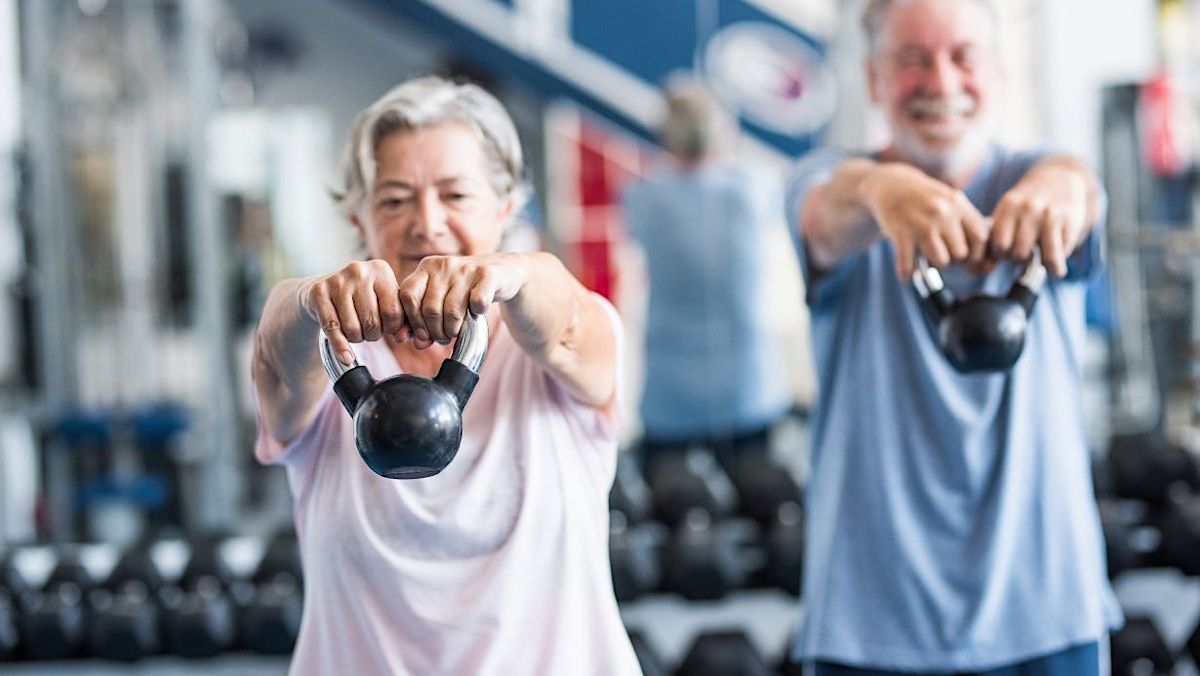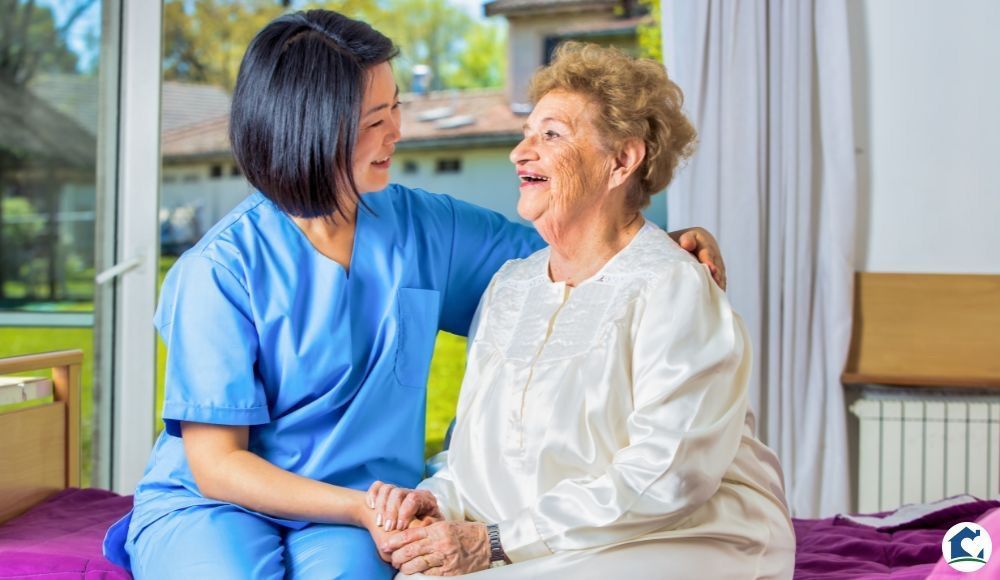Living a Fuller, More Meaningful Life as You Age
Have you recently come home from the hospital? Comforting Home Care by Phoebe can help you transition from hospital to home to independence.
A stay in the hospital and other life changes (like retirement) often cause you to take a step back and re-evaluate your life. You start thinking about what is truly important to you and how you can live a fuller, more meaningful life. Being mindful of your habits and attitudes and caring for your brain, body, and soul can make a huge difference in your quality of life as you age.
10 Tips to Living a Fuller, More Meaningful Life as You Age
- Stay in Touch
Penn State reports, “Socializing with others is important for mental health and well-being, and it may help improve cognition, as well — especially for older adults, according to new research.” So, reach out to friends and family and consider joining a new group or club (to sing, review books, play games, etc.). - Exercise Your Brain
“Just as our bodies require care and exercise over the course of our life, so do our brains — especially as we age,” according to Summa Health. “Lifting weights strengthens our muscles while strengthening our mental ‘muscles’ improves our memory, attention, brain speed, people skills, intelligence, and navigation.”
Exercise your brain by doing crossword, Sudoku, jigsaw, and other puzzles. Consider starting a new hobby, taking a class, or learning a new skill. - Stay Physically Active
“As an older adult, regular physical activity is one of the most important things you can do for your health,” according to the Centers for Disease Control and Prevention (CDC). “It can prevent or delay many of the health problems that seem to come with age. It also helps your muscles grow stronger so you can keep doing your day-to-day activities without becoming dependent on others.”
The CDC recommends adults 65 and older do at least 150 minutes of moderate-intensity activity per week and two days a week of activities that strengthen muscles. Always consult with your doctor before starting any new exercise program. - Stretch
Stretching offers many benefits – decreased risk of tripping and falling, ability to move around more easily with less pain, and more. SilverSneakers offers these seven stretching exercises for seniors. You can also try yoga, Pilates, or tai chi. - Eat Healthy
“Eating well can help prevent many health problems as you age, such as heart disease, stroke, diabetes, and obesity,” according to the University of Washington. The National Institute on Aging offers tips, such as eating foods from each food group, getting enough protein, reducing sodium intake, and more. - Attend to Your Medical Needs
Typically, the earlier a health issue is discovered, the easier it is to treat. Therefore, getting regular check-ups and screenings to catch health issues as early as possible can improve your well-being and extend your life. United Healthcare suggests “8 medical tests every older adult should take”:
1. Skin Cancer Screening
2. Blood Pressure
3. Cholesterol Levels
4. Fasting Blood Sugar Levels
5. Dental Exam
6. Eye Exam
7. Hearing Exam
8. Colon Cancer Screening - Be Positive
Positive thinking provides many benefits – increased life span, greater resistance to illness, better coping skills, and a reduced risk of death from cancer, respiratory conditions, and infections. The Mayo Clinic offers tips for identifying negative thinking and focusing on positive thinking. - Give Back
Many local organizations are looking for help. Giving back to your community by donating time and resources helps you have a more active social life, gives your life purpose, makes you feel more connected, and so much more. - Reduce Stress
Stress has been linked to many health problems, such as headaches, high blood pressure, diabetes, asthma, arthritis, etc. Harvard Medical School recommends managing stress by “using relaxation techniques, getting involved in community activities, taking care of yourself, eating right, getting enough sleep, and sticking to other healthy habits.” - Protect Your Heart, Lungs, Kidneys, and Skin
As we age, our heart walls become stiffer, and the heart fills with blood more slowly, but cardiac output does not diminish with age if you take care of your heart. Eating healthy, exercising, and reducing stress can help you maintain a healthy heart.
As we age, our breathing muscles weaken, and air sacs in the lungs decrease. The most significant thing you can do to protect your lungs is not smoking.
As we age, the kidneys may not remove waste from our bodies as efficiently as they once did. Protect your kidneys by maintaining a healthy weight, exercising, avoiding nonsteroidal anti-inflammatory drugs (ibuprofen and aspirin), and not smoking.
Our body produces less collagen and elastin as we age, causing our skin to wrinkle and lose elasticity. However, most age-related skin problems are caused by sun damage. To protect your skin, wear sunscreen and avoid prolonged sun exposure.
Our Services Can Help You as You Age
Comforting Home Care by Phoebe offers many services, such as home transition care, senior transportation, Alzheimer’s and dementia care, and more, to help create a fuller, more meaningful life.
Contact us today at 610-625-5206 to learn more about our in-home care Services, or connect with us online.












